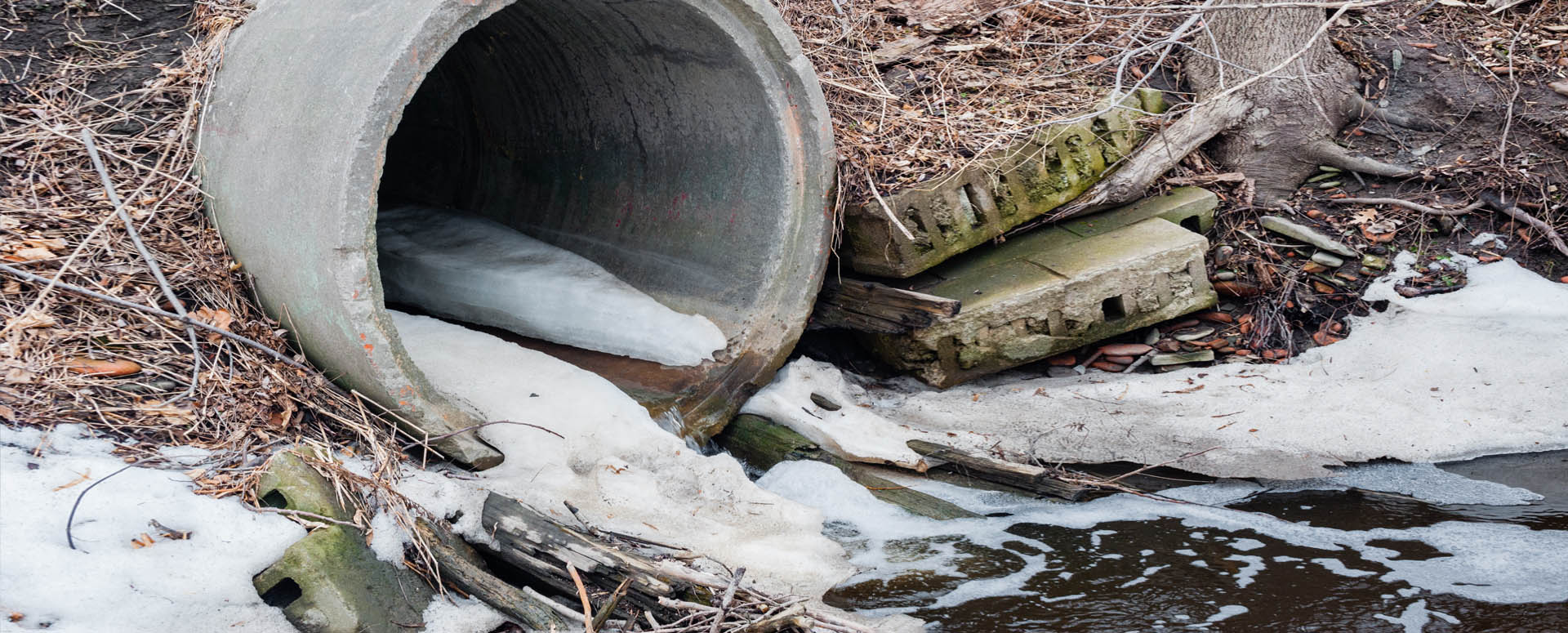
11 May Oil spills: being proactive is the best strategy
When we think about the damage being done to our world through climate change, we can often think about the issues as happening ‘somewhere else’. For example, the giant plastic garbage patch, the melting ice caps and wild forest fires. However, some of the problems are happening a lot closer to home than we realise – in many riverways up and down the UK.
According to a recent BBC report, our rivers are becoming contaminated by elements such as microplastics, oils and sewage from a variety of industries. This can include fertilisers and pesticides, as well as run-off from roads and towns. Alarmingly, this type of pollution is affecting local wildlife, with food chains becoming unbalanced and a reported 38% of fish failing health checks in our rivers.
For those who enjoy wild swimming, there are stark warnings being issued by bodies such as the Environment Agency about doing so. In fact, only around 14% of our rivers are deemed ‘good’ enough for swimming in. Among the chief culprits are water companies, who in 2021 alone, dumped sewage into rivers on 400,000 occasions.
Precious ecosystems
While oil spills can severely impact oceans (such as the Deepwater Horizon) they can also spell disaster for our rivers. As everybody knows, oil and water don’t mix. Not only can oil damage fur and feathers, but it can also block sunlight from reaching deep down into waterways, negatively affecting delicately balanced ecosystems. On many occasions, wildlife can be poisoned through the indirect ingestion of oil, a process that starts with plankton and progresses up through the food chain.
To put it in perspective, just five litres of oil in water can slick to cover an area the size of two football pitches. Consider then the Ixtoc 1 oil spill which resulted in 3.3 million barrels of crude oil spilling into the Gulf of Mexico. Sadly, damage done by oil is typically a long-term problem and for companies that generate oil and sewage spills, the financial costs can be great. In 2017, Thames Water received a record fine of £20m for creating a raw sewage stream that stretched 14km, killing many birds, fish and other wildlife.
Having an effective spill response strategy in place is therefore crucial. Not only are there financial, legal and environmental implications for not doing so (including indirect costs for having to facilitate a clean-up operation), but oil spills present a hazard to individual health and safety. Spills can also permanently damage a company’s image and reputation. But incredibly, at least seven out of ten companies would not be correctly prepared in the event of an oil spill.

The right response
Organisations must be proactive about oil containment, aware of any relevant regulations and ask themselves a number of key questions. For example, do they have any spill response material, and if so, is it the correct type and size for the varieties and volumes of liquids being handled and stored? From a people perspective, do employees know how to deal with spills in the correct way and are managers confident of protecting staff in the event of a spill?
Asking these questions is the ideal place to start, but for companies that take oil spillages seriously, having access to the right equipment is also vital. Fortunately, environmental science and modern technology have provided us with the means to minimise the effects of oil spills.
Spill kits can be customised to a specific site and easily located at a point where potential spills are most likely to occur. These kits also come equipped with a range of absorbents including disposal bag and ties and can be considered a ‘one stop’ solution for a quick and effective response to spillages. Through extensive testing and research, we ensure that our products are up to date with industry regulations.
Training is also important and effective spill management ensures that all operatives are trained properly and have easy access to a range of absorbents to deal with any potential spillage. Working alongside industrial sectors such as oil and gas, utilities, and civil engineering, Ecospill has developed an intimate understanding of any spill requirements and can provide practical, sensible and cost-effective solutions for any prevention, containment and response issue.
Talk to the experts
In this way, we are committed to supporting companies of all sizes in preventing oil spills with the intention of keeping our waterways and oceans clean, healthy and ready to be enjoyed by people and wildlife for generations to come. Contact a member of our team to discuss how you could be more prepared to prevent spills at your facility.


